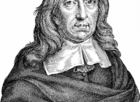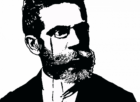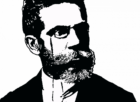Franz Kafka Books: A Deep Dive into the Literary World of an Iconic Author
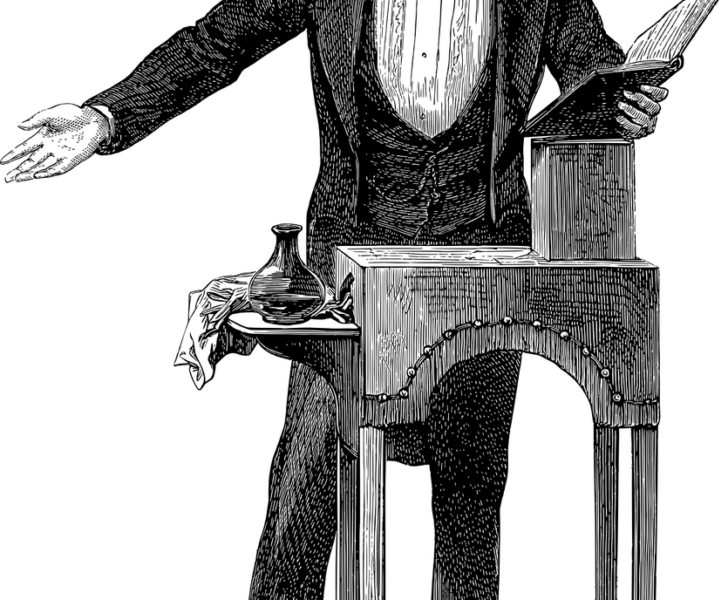
Introduction:
Franz Kafka, one of the most influential figures in modern literature, has left an indelible mark on the literary world with his thought-provoking and often perplexing works. In this comprehensive article, we will explore the significance of Franz Kafka’s books, their historical evolution, and provide essential information for anyone interested in delving into his remarkable literary universe.
1. Franz Kafka Books: An Intriguing Introduction
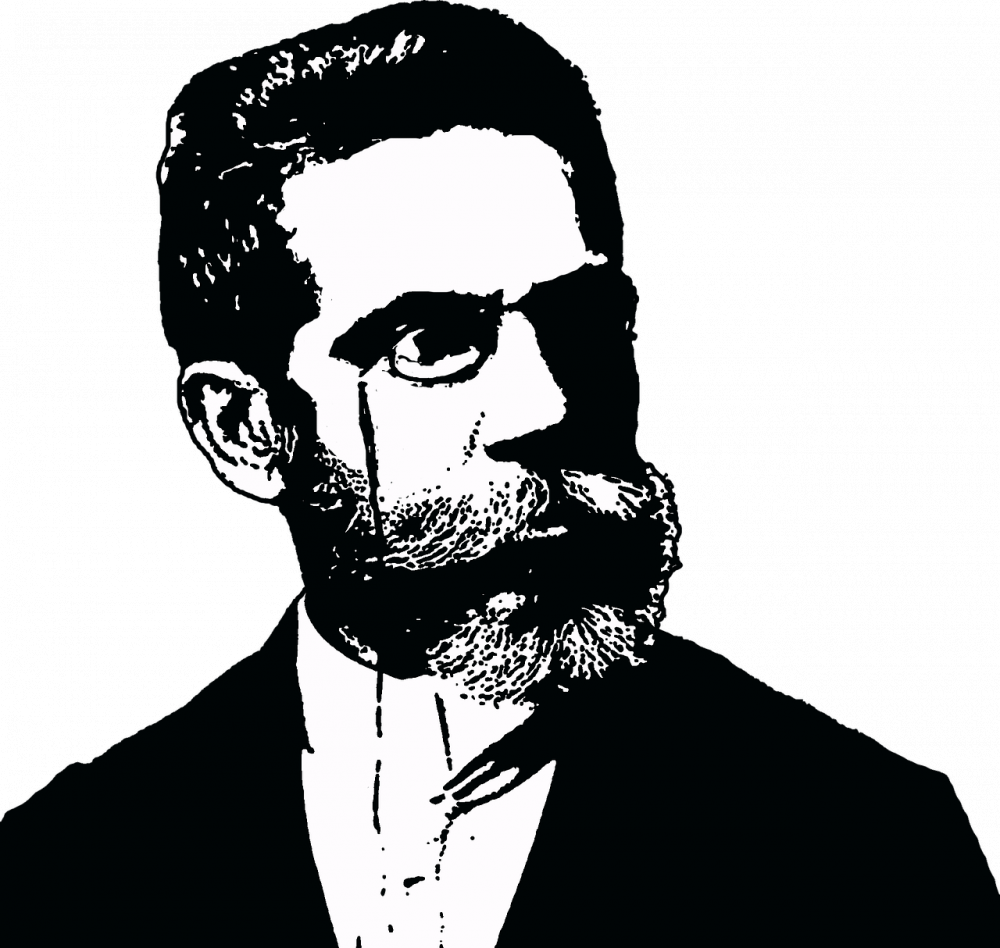
Franz Kafka’s books are characterized by their unique blend of existentialism, absurdity, and exploration of the human condition. His works often feature complex narratives, exploring themes such as alienation, bureaucracy, and the struggle for identity. The reader is frequently confronted with a sense of unease and ambiguity, as Kafka challenges conventional storytelling and offers a glimpse into the unconscious depths of the human psyche. Notable books by Franz Kafka include “The Trial,” “The Metamorphosis,” and “The Castle.”
2. The Historical Evolution of Franz Kafka Books
2.1 Early Works and Influences
Franz Kafka’s writing career began in the early 20th century, heavily influenced by his personal experiences and the socio-political climate of his time. His early works, such as “Description of a Struggle” and “Wedding Preparations in the Country,” demonstrate Kafka’s early experimentation with form and themes that would later become emblematic of his writing style.
2.2 Breakthrough Works
Kafka’s breakthrough came with the publication of “The Metamorphosis” in 1915, a novella that explores the theme of alienation through the bizarre transformation of its protagonist into a giant insect. This work marked a turning point in Kafka’s career, garnering critical acclaim and paving the way for subsequent works such as “The Trial” and “The Castle.”
2.3 Posthumous Publications and Kafkaesque Legacy
Following Kafka’s untimely death in 1924, his friend and literary executor Max Brod disregarded Kafka’s wishes to destroy his unpublished manuscripts. Instead, Brod published several posthumous works, including “Amerika,” “The Great Wall of China,” and numerous unfinished writings. These posthumous publications further fueled Kafka’s literary reputation and solidified his status as one of the most influential authors of the 20th century.
3. Exploring the Uniqueness of Kafka’s Writing Style
Franz Kafka’s writing style is characterized by its intricate and labyrinthine nature. In his books, he often employs run-on sentences, complex metaphors, and a distinctive blend of realism and fantasy. Kafka’s stories are constructed in such a way that they elicit a sense of confusion and unease within the reader, mirroring the themes of his narratives. This unique style continues to captivate readers and has inspired countless scholars and artists worldwide.
4. The Kafkaesque World: Impact and Influence
Kafka’s impact extends far beyond the realm of literature. The term “Kafkaesque” has become part of the cultural lexicon, describing situations that evoke feelings of absurdity, nightmarish bureaucracy, and the loss of individual agency. Kafka’s ideas and themes have permeated various artistic mediums, including film, theater, and visual arts, making him a pervasive presence in the artistic and intellectual landscape.
Conclusion:
Franz Kafka’s books stand as a testament to his extraordinary literary genius. The depth and complexity of his narratives continue to captivate readers, forcing them to confront the inherent contradictions and mysteries of the human condition. Kafka’s legacy is not only reflected in his own works but also in the countless artists and writers he has inspired. For those interested in exploring the world of Franz Kafka, his books provide an unparalleled journey into the depths of the human psyche, leaving a lasting impression that defies conventional storytelling norms.



